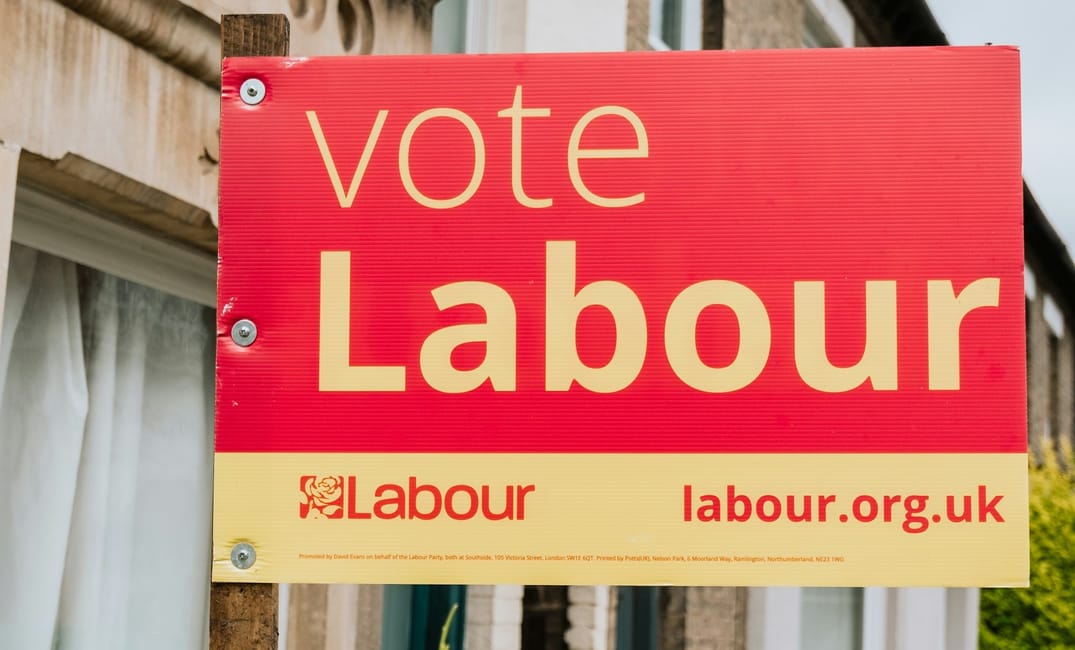Richard Mason
Naked Politics Blogger
There were quite a few rather disconcerting things said at this year’s Labour party conference. The suggestion that ‘properly-taught’ children wouldn’t grow up to be conservative being one example. A call for a general strike to force a general election being another.
Perhaps most troubling, however, was the announcement of a plan by Shadow Chancellor John McDonnell to force large companies to hand out 10% of their equity to their workers. Unlike the former two examples, which simply demonstrate a strange sense of anti-democracy and free thought from some of its members, Labour’s plan provides an eery glimpse into the reality of a Labour government.
But what, exactly, would be the problem with such a policy? After all, many companies such as John Lewis have already voluntarily put such a scheme into practice and have seen certain benefits as a result.

Sadly, the beauty of such a system ends once it is thrust upon businesses by the state, rather than implemented voluntarily a la John Lewis. While those of us who are more liberally-inclined will likely already take issue with the idea of the government telling a private company what to do with its equity, such a policy would do more than raise the blood-pressure of free marketeers.
Ultimately, this is because the policy is rather misguided. While (potentially) intended simply as a well-intentioned measure of returning a degree of control to workers, or to encourage them to take a more active role in the business, there are plenty of unintended consequences which promise to severely undermine this plan.
One such example stems from the international nature of many of Britain’s largest companies. As Ian King points out in an article for Sky News, many of the companies listed on the UK’s FTSE 100 and FTSE 250 indices are owned, in large part, by foreign-based shareholders.
Should Labour’s plan come to fruition, then the stakes these shareholders have in British-listed businesses will be weakened, sapping their incentive to invest in the UK and pushing them abroad. Similarly, businesses themselves may be more inclined to relocate their headquarters abroad in order to avoid alienating their shareholders.

In seeking to empower and protect the workers of British firms, the plan instead threatens to push their employers overseas, taking jobs and revenue with them. In a time when Britain needs to be attracting as much new investment and making as many new trade partners as possible, the scheme provides a deterrent to any overseas investors from coming to the UK.
Perhaps we can see Labour’s plan as a manifestation of that old saying: ‘The road to hell is paved with good intentions.’ While Labour may be seeking to broaden the degree to which workers have a vested interest in the firms, an undoubtedly noble goal, the policy itself is poised to do far more harm than good.
But are Labour truly just looking out for the workers here?
While the policy would ensure that the workers of any eligible firm who has not fled the country access to annual dividend payments, these would be capped at £500 per year. Should the real value of the workers’ new shares in the company exceed £500, the excess will go in the state coffers.
According to Labour’s own estimations, this would result in around £2.1 billion, out of the expected £4 billion raised by the new policy to go to the state.

Simply put, just over half of the shares supposedly given to workers would, instead, go to the government.
This begs the question: Why would a policy, intended to put wealth and interest back into the hands of the workers, take away over half of their dividends? If the intentions truly lie in the vested interests of workers, why cap the benefits from their shares at £500? Why not allow them to enjoy the full value of their new-found stock?
Naturally, this raises more than a few eyebrows and offers a great deal of weight to the argument that the policy is little more than a stealth tax on businesses.
Well-intentioned, nefarious, or otherwise, Labour’s new policy doesn’t have much prospect to actually help the workers in that way it seeks to. Instead, it threatens both to send old investors packing, and deter new ones from coming in, all the while denying workers access to the payments of the shares they now own.

